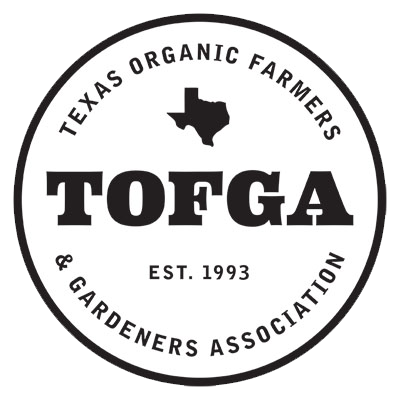Food Safety is Community Care!
TOFGA believes that food safety is a key way farmers care for our communities. We want to make sure that high quality, relevant food safety info is available for farms and gardens of all sizes across Texas through the resources shared here and through our in-person and virtual educational programming.
Keep an eye out for more upcoming TOFGA food safety events around the state! In the meantime, check out the menu below for our curated collection of online food safety resources.
National Farmers Union's Local Food Safety Collaborative has a helpful video series highlighting exemplary food safety practices for good farm management and business success. This episode covers the importance of food safety in helping small scale farms ensure good product and access new markets. Key Resources |








